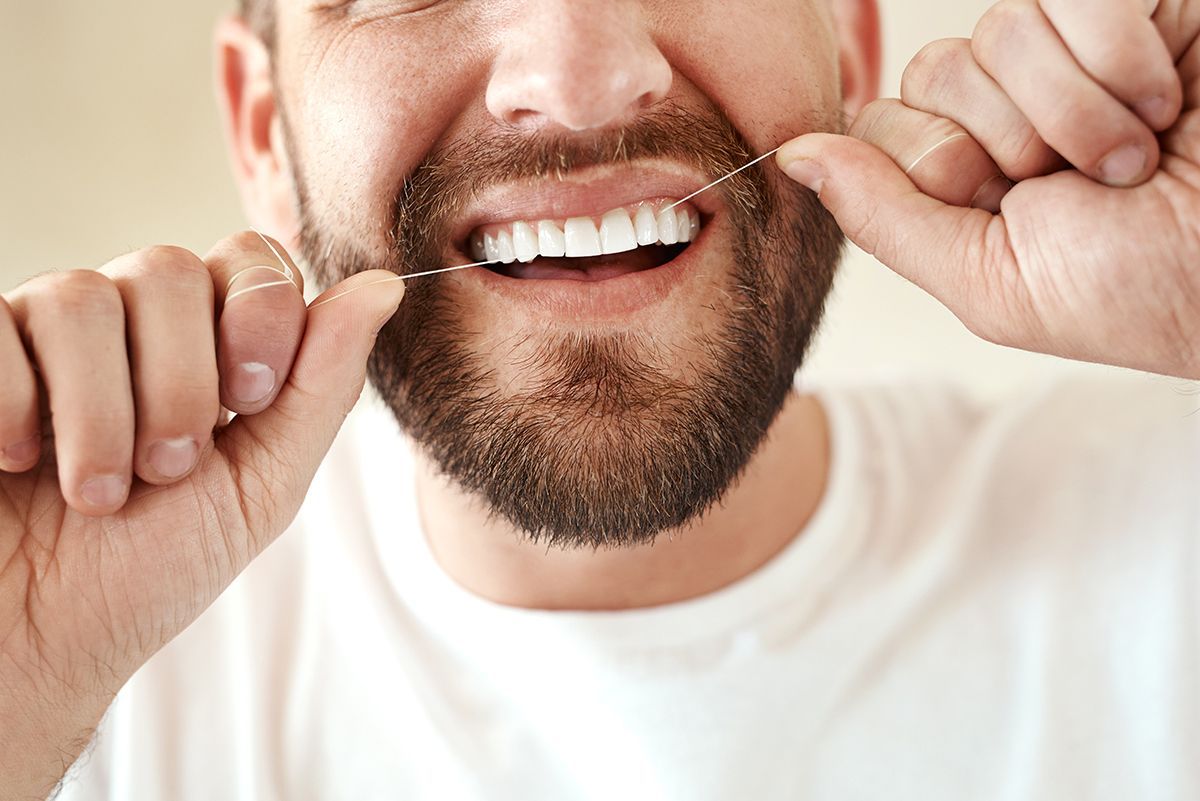Tooth Sensitivity: Causes and Solutions
Tooth sensitivity is a common dental issue that can affect anyone at any stage of life. Characterised by a sudden, sharp pain or discomfort when consuming certain foods or drinks, tooth sensitivity can range from mildly inconvenient to significantly painful. At
Oadby Dental Clinic we’ll help you discover the root causes of tooth sensitivity and explore effective solutions for managing and preventing it.
What Is Tooth Sensitivity?
Tooth sensitivity, also known as dentin hypersensitivity, occurs when the protective layers of the teeth are compromised, exposing the inner, sensitive layer of the tooth called dentin. Dentin contains tiny tubules that connect to nerve endings within the tooth. When exposed to external stimuli such as cold air, hot beverages, or acidic foods, these nerve endings react, causing discomfort or pain.
What Are the Common Causes of Tooth Sensitivity?
Understanding the underlying causes of tooth sensitivity is the first step toward addressing it. Below are some of the most common reasons:
1. Enamel Erosion
The outermost layer of the teeth, enamel, serves as a protective shield. When this enamel erodes due to acid exposure or aggressive brushing, it leaves the dentin vulnerable to external triggers. Enamel erosion can be caused by:
- Frequent consumption of acidic foods and drinks like citrus fruits, soda, or wine.
- Bruxism (teeth grinding) during sleep or stressful situations.
- Over-brushing with hard-bristled toothbrushes or abrasive toothpaste.
2. Gum Recession
Gums play a vital role in protecting the roots of the teeth. Over time, gums may recede due to ageing, periodontal disease, or improper oral care. This recession exposes the roots of the teeth, which lack enamel, leading to increased sensitivity.
3. Tooth Decay
Cavities and dental caries compromise the structural integrity of a tooth. As decay progresses, it can expose the inner dentin, triggering sensitivity.
4. Dental Procedures
Procedures such as fillings, crowns, or teeth whitening can cause temporary tooth sensitivity. This typically occurs due to irritation of the nerves during the treatment, but the sensitivity often subsides within a few days or weeks.
5. Cracked or Chipped Teeth
Physical damage to a tooth can expose its inner layers, making it more susceptible to sensitivity.
6. Use of Whitening Products
While effective at brightening teeth, whitening products often contain strong chemicals that can irritate the enamel and dentin, especially if used excessively. Please consult with a
trusted dentist before applying any of these products at home, or book professional
teeth whitening.
7. Chronic Dry Mouth
Saliva acts as a natural buffer against acid in the mouth. When saliva production is insufficient, due to conditions like xerostomia or medication side effects, teeth are more prone to sensitivity and decay.

Symptoms of Tooth Sensitivity
Tooth sensitivity is usually easy to identify.
- A sharp, shooting pain when consuming hot, cold, sweet, or acidic foods and drinks.
- Discomfort when brushing or flossing teeth.
- A general aching or tingling sensation that comes and goes.
Pain localised to one tooth or an entire area of the mouth.
How to Diagnose Tooth Sensitivity
If you suspect you have sensitive teeth, visiting a
dentist is crucial. During the consultation, your dentist may:
- Conduct a Visual Examination: Look for signs of enamel wear, gum recession, or damage.
- Take X-rays: Check for cavities or internal tooth issues.
- Perform a Sensitivity Test: Apply hot, cold, or sweet substances to pinpoint the affected teeth.
- Discuss Medical History: Understand lifestyle habits, diet, or medications that may be contributing to the sensitivity.
Solutions for Tooth Sensitivity
Fortunately, tooth sensitivity is manageable, and numerous solutions can provide relief or prevent it from worsening.
At-Home Remedies
- Use Desensitising Toothpaste
- Toothpastes designed for sensitive teeth, such as those containing potassium nitrate or stannous fluoride, help block the transmission of pain signals from the nerve endings to the brain.
- Regular use can gradually reduce sensitivity over a few weeks.
- Switch to a Soft-Bristled Toothbrush
- A soft-bristled toothbrush is gentler on enamel and gums, reducing the risk of further damage.
- Modify Brushing Technique
- Use a gentle, circular motion to clean your teeth instead of aggressive back-and-forth scrubbing.
- Avoid brushing immediately after consuming acidic foods or drinks, as enamel is temporarily softened.
- Rinse with Fluoride Mouthwash
- Fluoride strengthens enamel and protects against acid erosion and cavities.
- Adjust Your Diet
- Limit intake of acidic, sugary, or very hot/cold foods.
- Include calcium-rich foods to help fortify enamel.
Prevention: Keeping Tooth Sensitivity at Bay
As the saying goes, prevention is better than cure. Adopting healthy oral care habits can prevent the onset of sensitivity:
- Practise Good Oral Hygiene
- Brush twice a day using fluoride toothpaste.
- Floss daily to remove plaque buildup between teeth.
- Avoid Acidic Foods and Beverages
- Reduce the consumption of items like soda, vinegar, and citrus fruits.
- Rinse with water after eating acidic foods.
- Wear a Night Guard
- If you grind your teeth at night, using a mouthguard can protect enamel from wear and tear.
- Quit Smoking
- Smoking contributes to gum recession and increases the risk of periodontal disease, both of which exacerbate sensitivity.
- Schedule Regular Dental Checkups
- Routine visits to the dentist can help detect and address sensitivity issues early.
When to Seek Professional Help
While occasional tooth sensitivity is common, persistent or severe discomfort warrants professional attention. You should visit a dentist if:
- Pain lasts for more than a few weeks.
- Sensitivity is accompanied by visible damage to teeth or gums.
- Over-the-counter remedies fail to provide relief.
- You experience sharp, sudden pain without any apparent trigger.
Tooth sensitivity is a prevalent yet manageable condition. By understanding its causes, recognising symptoms, and implementing both at-home and professional solutions, you can alleviate discomfort and protect your oral health. A proactive approach—focusing on prevention and timely dental care—ensures that sensitive teeth don’t interfere with your daily life.
Remember, the key to maintaining a healthy smile lies in adopting consistent oral care practices, making mindful dietary choices, and consulting Oadby Dental Clinic regularly.



